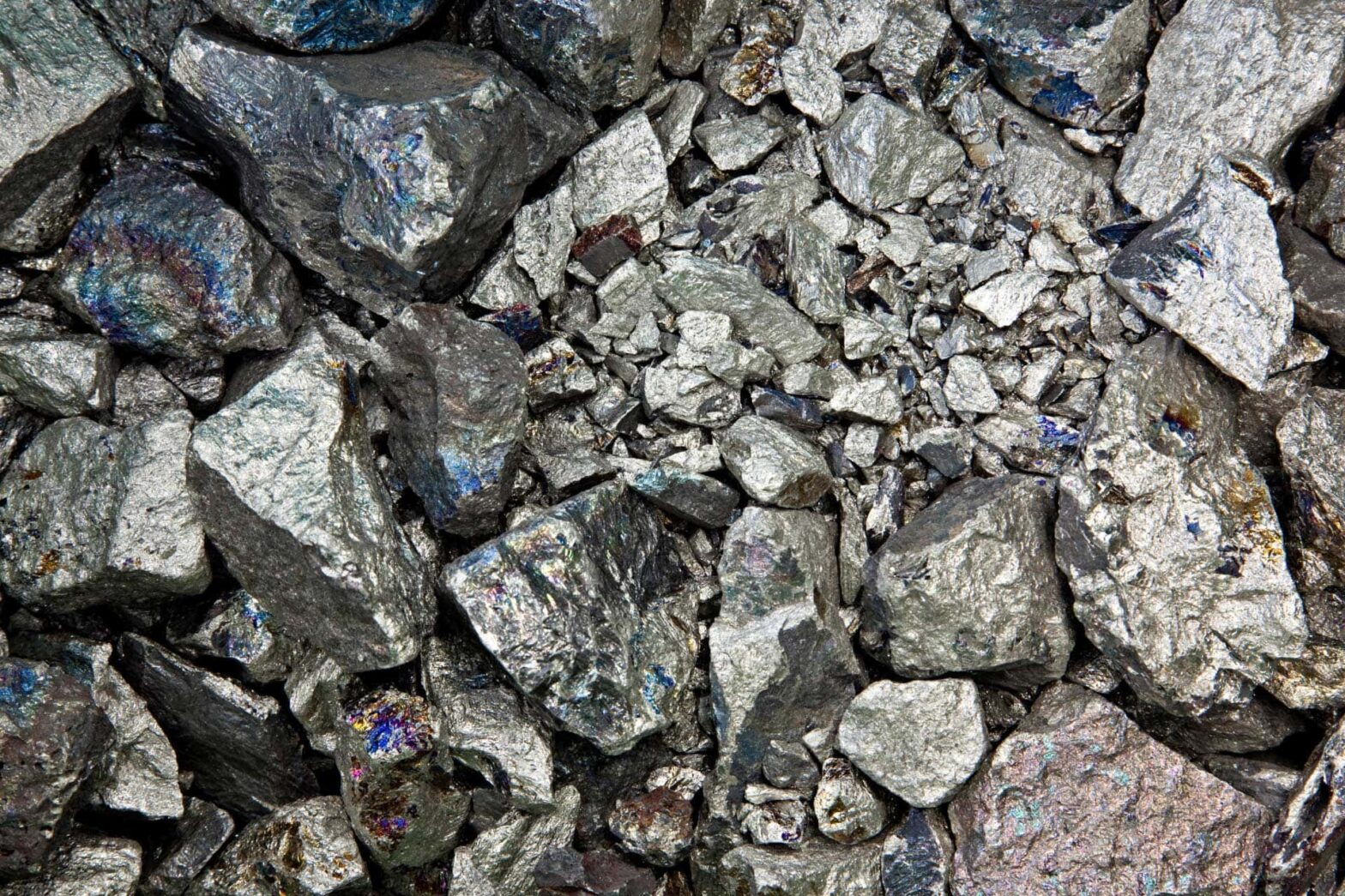
By Dr. Jaijit Bhattacharya
It is very likely that most of us have not heard of Ferro Molybdenum (FeMo). The significance of this alloy comprising iron (Fe) and Molybdenum (Mo) cannot be overstated. Made from the raw material Roasted Molybdenum Ore and Concentrate, the alloy has widespread use in military hardware.
Indian defence manufacturers find FeMo irresistible because of its exceptional properties. Resistant to heat and high temperatures, FeMo is extensively used for the manufacture of critical military hardware, such as aircraft engines, combustion flame guides and rocket nozzles. The alloy brings structural integrity and enhanced performance for aircraft. It is also widely used in high explosive anti-tank systems and in nuclear fuel processing and fusion reactors.
FeMo underscores the importance of several minerals that play a critical role in bolstering India’s defence. Included in the list are cobalt, gallium, lithium, nickel, and niobium amongst others.
Irrespective of how well known they are, each one of them are critical for green technologies, high-tech equipment, aviation, and national defence manufacturing needs. For that matter, India’s FeMo industry supplies the alloy directly to defence manufacturers such as the Midhani group, Bharat Forge and Ordnance factories across the country.
Such being their utility, it is in India’s strategic interests that outstanding issues related to the critical minerals-sector are addressed. Such redressal is essential to safeguard supply-chains of Indian defence that is still unfortunately largely dependent on imports, accounting for no less than 9.5% of global arms imports between 2016 and 2020.
But India has embarked on a goal to be Atmanirbhar – self-reliant – and to indigenise its defence requirements to the maximum possible extent is something that the country should strive for. Given the larger objective, securing procurement and supply of critical minerals is therefore of paramount national interest.
But each critical mineral obviously has its own set of challenges. They need to be individually studied and resolved so that India’s defence supply chains are never compromised.
India’s FeMo industry, for one, also faces serious issues. Left unaddressed, they could pose an existential threat to the industry that supplies critical components for bolstering Indian defence services.
Despite having some 15-20 MSME manufacturers with a combined production capacity of 20,000 MT, the industry is staring at an uncertain future. The raw material – roasted molybdenum ore – is not found within India, forcing manufacturers to source it entirely from abroad.
Exploiting this total dependence on imports are foreign suppliers. Suppliers in Thailand and Chile that account for some 65% of molybdenum ore imports often charge an exorbitant premium, while supplies from other countries come with a basic customs duty of 2.5%, impacting the competitiveness of Indian FeMo manufacturers.
Undermining the Indian manufacturers are also the dumping of finished FeMo into India by South Korean manufacturers. Manufacturers in South Korea enjoy twin benefits, including duty free import of the raw material Roasted Molybdenum Ore from countries such as China. Also, because of a Free Trade Agreement with India, they can export FeMo to India minus any duties.
The cheaper South Korean product has deprived Indian FeMo manufacturers of a level-playing field, It has translated into much of the Indian FeMo production capacity lying untilised.
Far from thriving, India’s FeMo industry is consequently struggling. Reeling under expensive imports of raw materials alongside the duty-free onslaught of the finished alloy from South Korea, India’s domestic industry has been forced to cut down on production to only between 5,000MT and 7,000 MT. With much of its existing capacity lying idle, foreign producers are enjoying a free run, capturing much of the domestic market.
What is happening on the FeMo front should serve as a wake-up call, and India should urgently turn its attention to sectors relating to critical minerals.
From a policy perspective, much can be done to alleviate the current problems straddling India’s FeMo sector. The 2.5% basic customs duty imposed on Roasted Molybdenum Ore earns the Government of India only a measly INR 20-25 crore annually. The duty, however, is a huge burden that the Indian FeMo industry is finding difficult to bear.
Removal of the customs duty will hardly make any difference to the government. Yet, it could prove to be a lifesaver for the FeMo industry that is facing near-extinction.
Besides, India will do well if it is to renegotiate the various FTAs to enable development of Indian capabilities.
Fortunately, the Indian government has been alive to the challenges. In May this year, the Director General of Trade Remedies (DGTR) under the Ministry of Commerce imposed bilateral safeguard duty on import of FeMo from South Korea for a period of two years.
This intervention is welcome and allows the Indian manufacturers a temporary breather. But for a permanent relief to the beleaguered industry, the imposition of duty of South Korean FeMo also needs to be permanent and not short-term.
FeMo and the rest of the critical minerals are important to India–both for strengthening India’s defence and accelerating the country’s journey to be Atmanirbhar. They deserve the country’s collective attention urgently.
This article first appeared in ET Government, https://government.economictimes.indiatimes.com/news/policy/why-securing-ferro-molybdenum-other-critical-minerals-is-critical-for-indias-industrial-growth/105035150